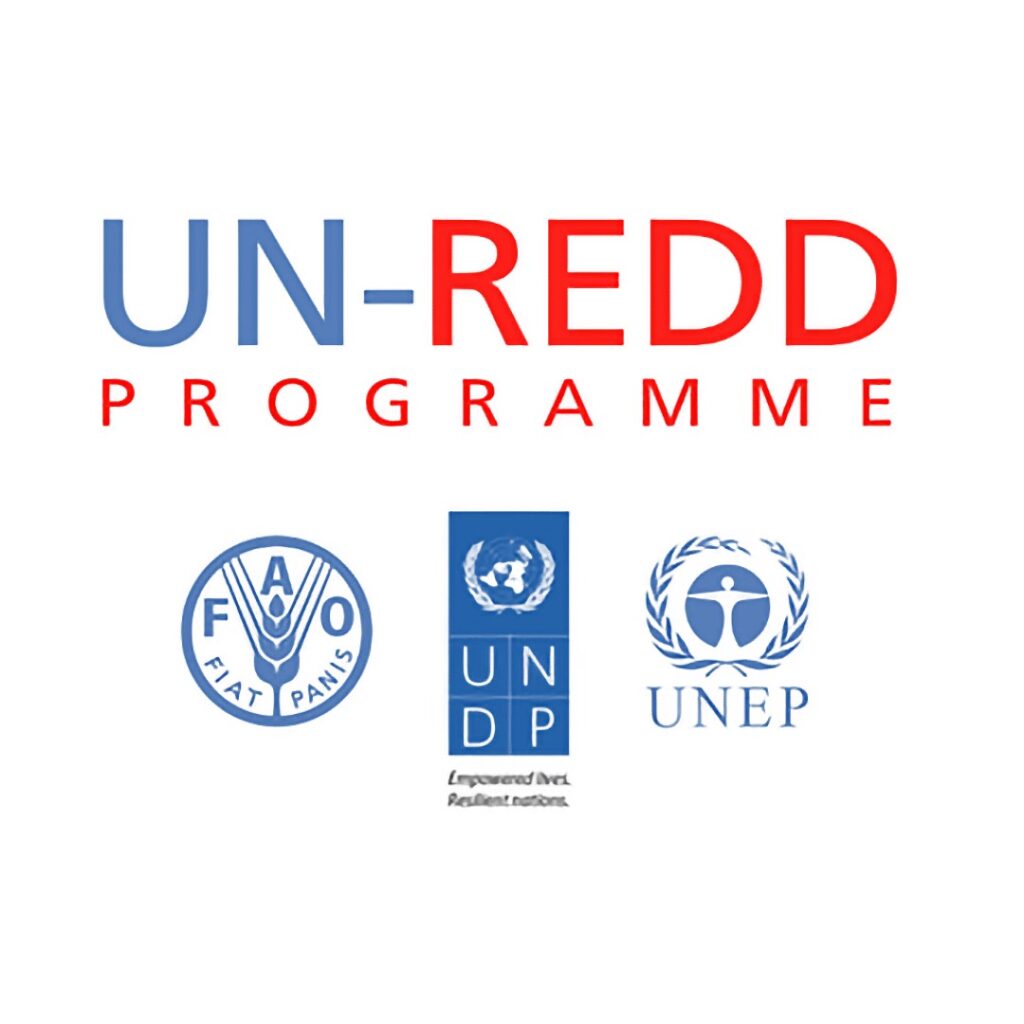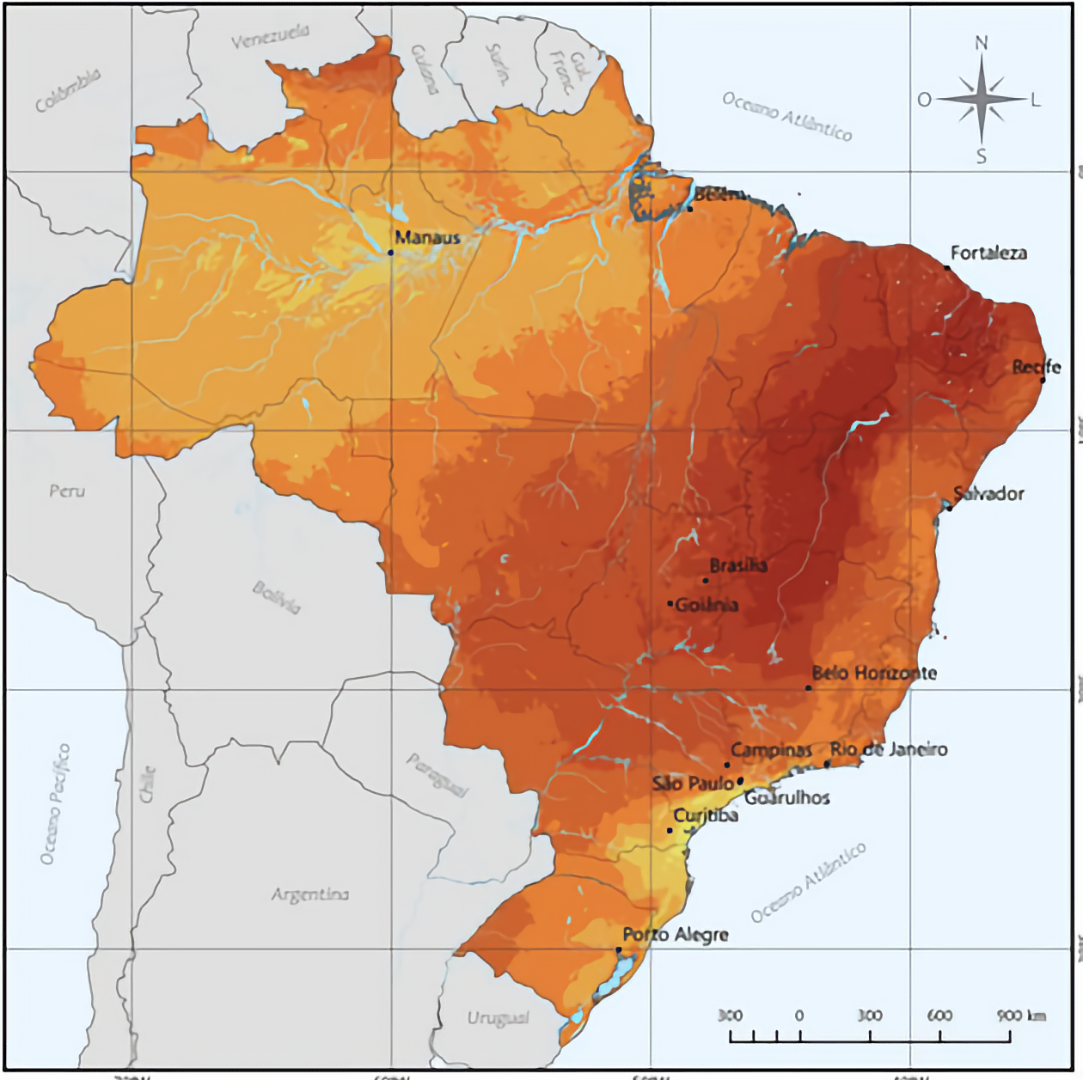Increasing deforestation is endangering our ecosystem. More than 100 Gt of carbon stocks, found in living ecosystems such as tropical forests and peatlands, once lost cannot be recovered. With an alarming loss of 11 million hectares of tree cover each year, the situation is critical.
A recent investigation by The Guardian, Die Zeit and SourceMaterial raised questions about Redd+ projects designed to safeguard these endangered forests.
Key points:
- Ecosystem carbon stock: Ecosystems such as tropical forests and peatlands contain over 100 Gt of carbon stock. Once lost, they cannot be recovered in time to address the climate crisis.
- Annual loss: Each year, the tropics lose 11 million hectares of tree cover, resulting in emissions of 6.3 Gt of CO2, equivalent to the annual emissions of about 900 million cars.
- Verra’s role: The U.S. NGO Verra, the leading global standard for certifying CO2 reduction, has enabled carbon credits from Redd+ projects to be certified to channel private and non-private funds for the protection of endangered native forests.
- Redd+ methodology: Credits from Redd+ projects are generated by the difference between a reference scenario (what would have happened without the project) and the project scenario. The deforestation rate and reference scenario are updated periodically according to technological and methodological advances.
- Criticism: Recently, Redd+ projects have faced criticism, particularly the Avoid Unplanned Deforestation (Aud) type, which does not criticize all carbon credits certified by Verra. The criticism is about forests not being at risk because of licenses, but because of illegal deforestation that has occurred over the years.
- Research limitations: The papers cited by the Guardian recalculated the baseline scenarios for some Verra projects using general, not specific, variables. Even the authors acknowledge the limitations of their study.
- Impact of Redd+: The implementation of Redd+ projects led to a 47 percent reduction in deforestation in the first five years. This rate of reduction was greatest in countries with high deforestation.
- Biodiversity Issues: Loss of forest biodiversity jeopardizes human prosperity and well-being, underscoring the importance of a global effort to value, protect, and restore nature.
- Financial Gap: The Paulson Institute speaks of a $700 billion annual funding gap for nature and biodiversity…
- Species decline: The abundance of mammals, birds, fish, reptiles and amphibians has declined by 60 percent in the past four decades. If this trend continues, we risk losing 30-50% of all species by the middle of the 21st century.
💡 Action: The importance of safeguarding and restoring our natural ecosystems cannot be underestimated. Every action is important. Consider supporting initiatives and projects committed to environmental conservation and combating deforestation.
#Deforestation #ProtectOurPlanet #Redd+
Source: The Republic



